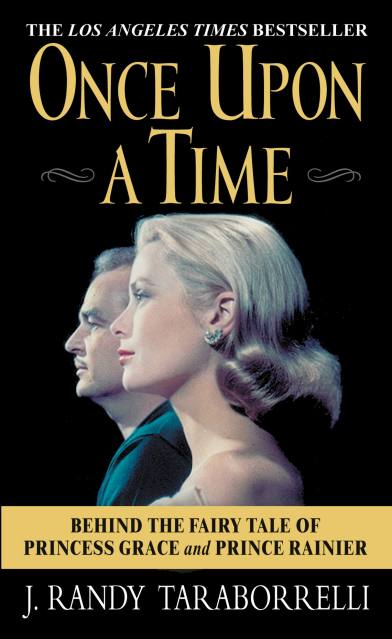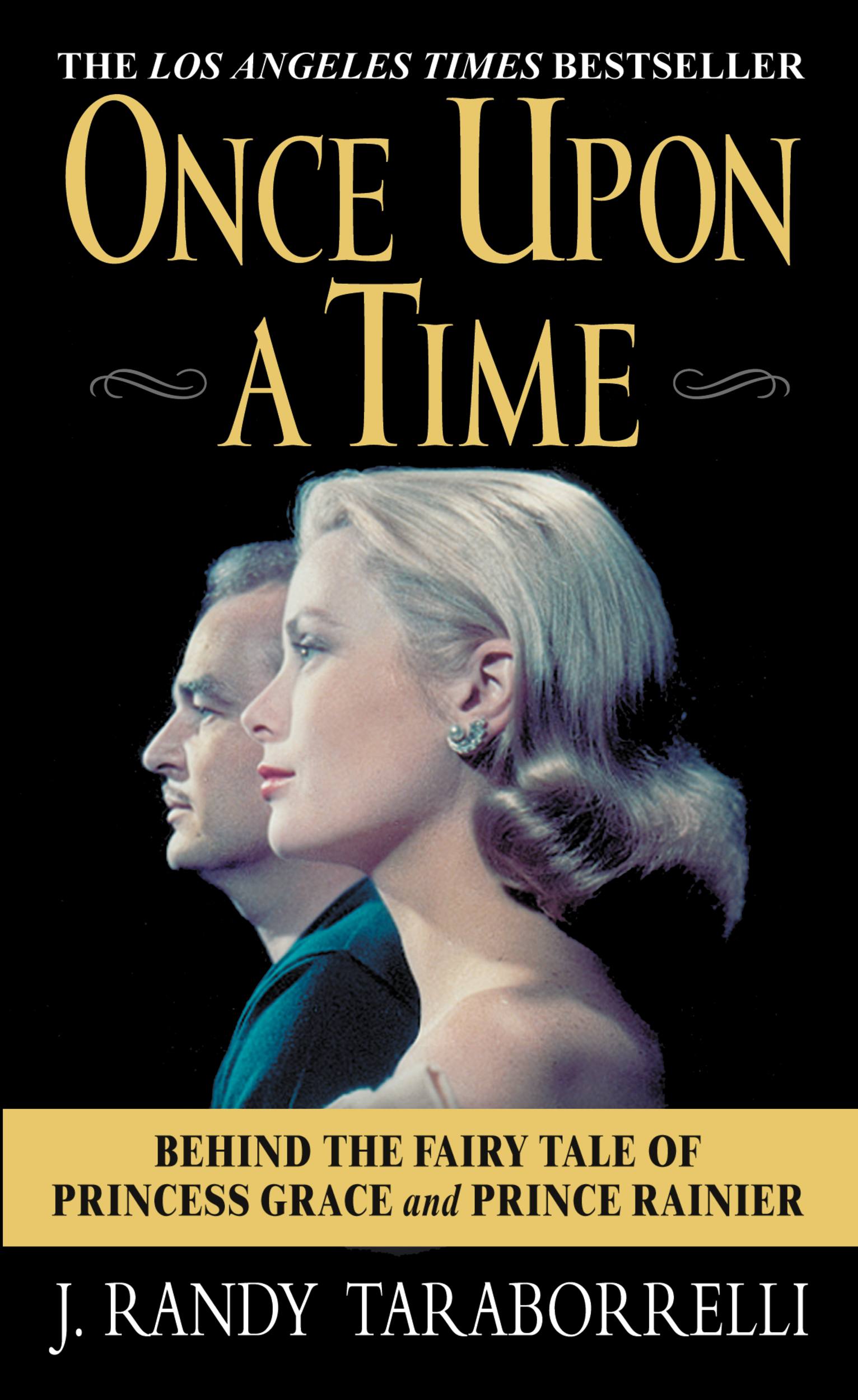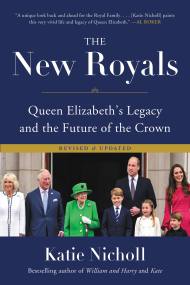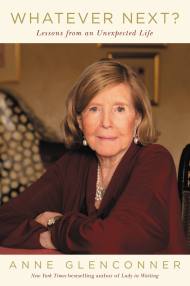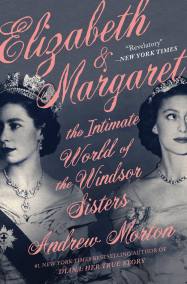By clicking “Accept,” you agree to the use of cookies and similar technologies on your device as set forth in our Cookie Policy and our Privacy Policy. Please note that certain cookies are essential for this website to function properly and do not require user consent to be deployed.
Once Upon a Time
Behind the Fairy Tale of Princess Grace and Prince Rainier
Contributors
Formats and Prices
- On Sale
- Apr 1, 2003
- Page Count
- 512 pages
- Publisher
- Grand Central Publishing
- ISBN-13
- 9780759527904
Price
$9.99Price
$12.99 CADFormat
Format:
- ebook $9.99 $12.99 CAD
- Audiobook Download (Abridged) $18.99 CAD
- Mass Market $28.99 $37.99 CAD
This item is a preorder. Your payment method will be charged immediately, and the product is expected to ship on or around April 1, 2003. This date is subject to change due to shipping delays beyond our control.
Buy from Other Retailers:
From master storyteller J. Randy Taraborrelli comes the powerful and moving story of one of royalty’s most secretive families.
Grace Kelly was swept away when the handsome Prince Rainier, a man she barely knew, asked for her hand in marriage. After a series of relationships with married co-stars, she was exhausted by the show-business lifestyle. If she married Rainier, she would be more than just a movie star, she would be Her Serene Royal
Highness Princess Grace. Once in the palace, however, Grace found herself trapped in a fairy tale of her own making. Forced to make sacrifices that cut deeply into the core of who she was as a woman, she would then surrender her desires and ambitions for her spouse and her children. Grace and Rainier may have been royalty, but they were also husband and wife, and parents- and, as such, just as vulnerable to the conflicts that can contaminate any household. Drawing upon hundreds of exclusive interviews with family and friends, ONCE UPON A TIME portrays its subjects with passion and sympathy, revealing Grace, Rainier, Caroline, Albert, and Stephanie in ways both startling and compelling.
Newsletter Signup
By clicking ‘Sign Up,’ I acknowledge that I have read and agree to Hachette Book Group’s Privacy Policy and Terms of Use
